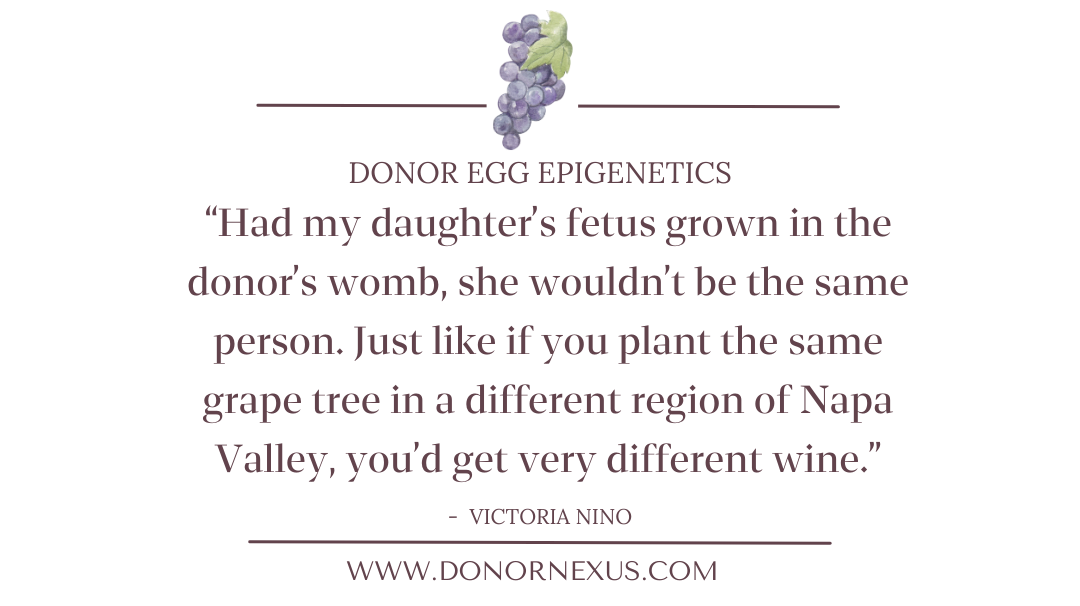3. Tell Your Story to Your Baby In Utero
Start talking to your baby in the womb and practicing telling them your story. This gives you time to practice and figure out the words, but also helps your newborn learn to recognize the sound of your voice - mama’s voice or dada's voice.
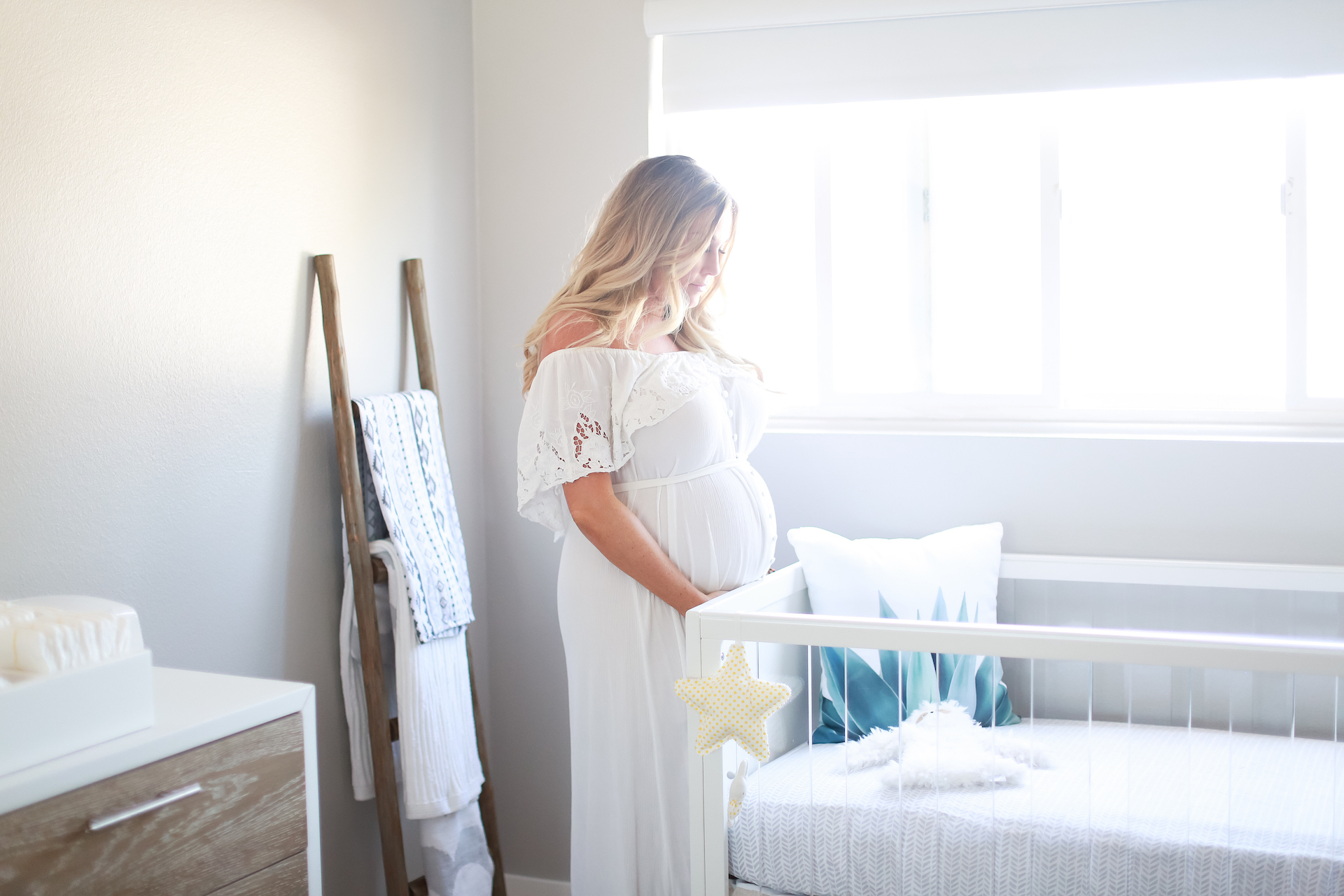
4. Pheromones Bond You
It’s no secret that the smell of your baby can trigger maternal bonding, but the opposite is true as well. The bond between a mother and child is so much more than a loving feeling. Pheromones are exchanged in the womb, through breastfeeding, and through other types of physical contact, creating a lifelong bond between mother and child.
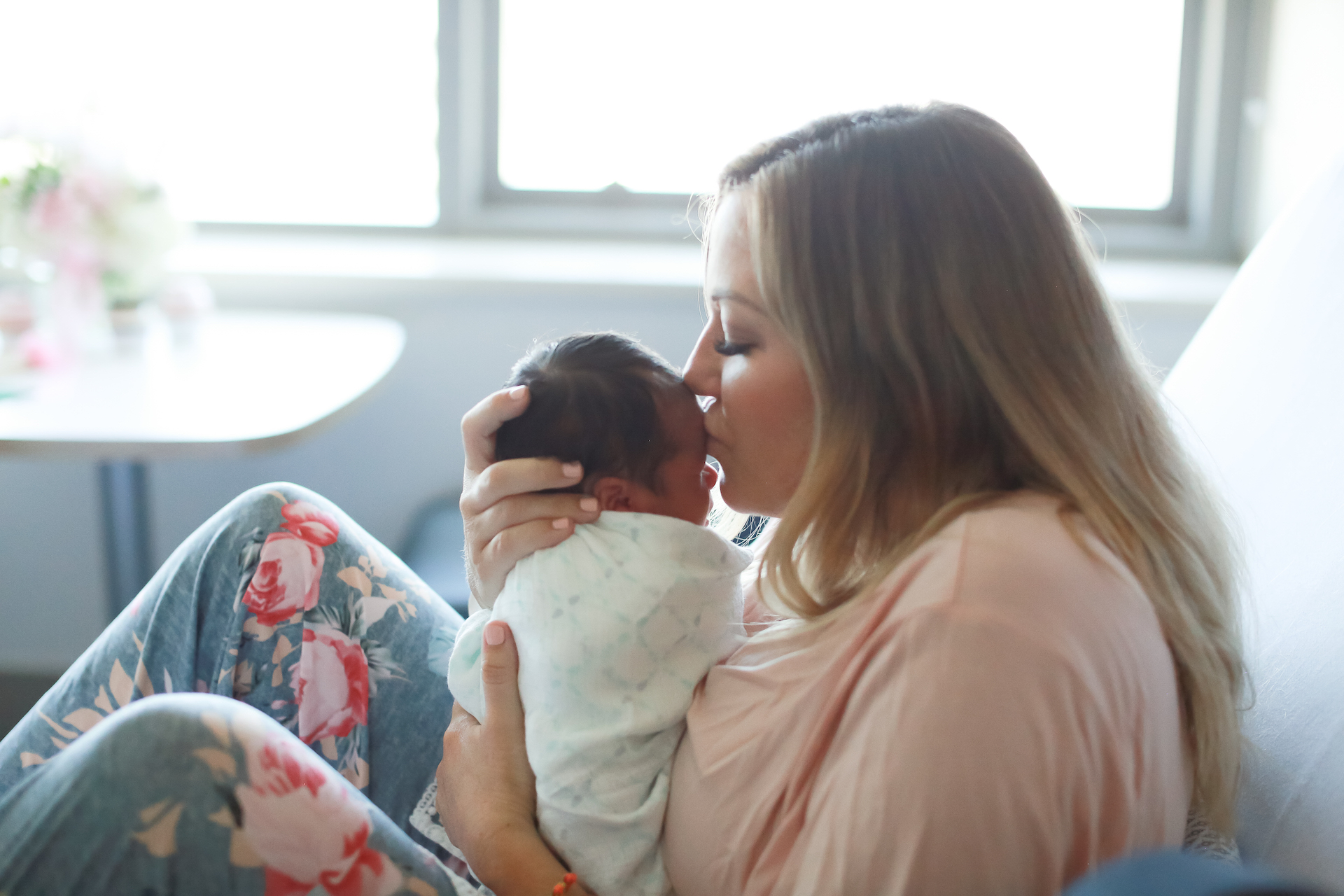
5. Remember That All Parents Bond With Their Babies
Remember that it’s okay if you don’t bond with your baby right away, you will bond with them on your timeline, please also remember that parents who share genetics with their babies also have a hard time bonding at first.
6. Cut Your Baby Some Slack
Try not to put too much pressure on the fact that the baby is donor-conceived. Babies don’t know how they were conceived, babies are babies! If the baby is crying a lot, or having a hard time nursing, or not bonding with you right away, remember that it has nothing to do with them being donor-conceived.
7. Honesty Builds Trust and Attachment
Continue to be truthful with your child about how they were conceived, and find casual ways to weave it into conversations, just like you would the fact that they have Irish heritage, have 10 toes on their feet, and were born in California. This creates a strong foundation of identity, normalcy, and trust in their parents. Create a safe, nonjudgmental space for your child to ask questions or express raw emotions. Let them know that you will love them no matter what they say or ask.
8. Involve Family in the Early Stages
Educate family members and friends on how to best support your child. It takes a village, and the more love and empowerment your child has around them, the stronger the sense of belonging they have in the family.
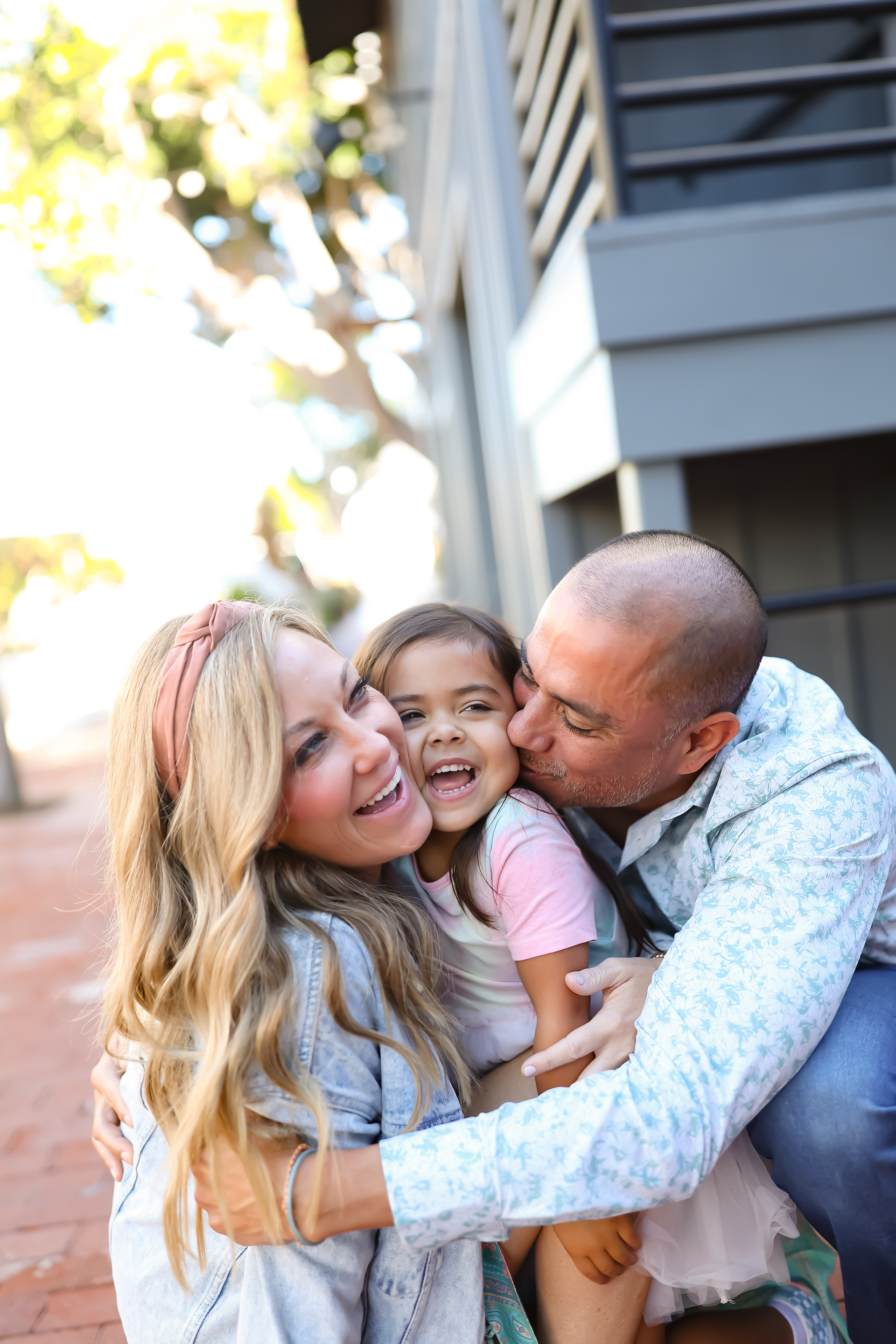
9. Bonding May Take Time
You will see that genetics or DNA is nowhere in these bullet points. Bonding with your baby can happen in many ways, but the important thing to remember is that it is no different than a mother and child who share genetics.
Later in life, I realized that while the mother/baby bond does happen for some in the womb, for others it takes time. For some, it happens months after they are born. But the important thing to remember is that all babies and mothers do bond with each other, it just might take time. This is the case for genetically related mothers and fathers with their babies too.
10. Bonding and Love Are Inevitable
When that baby finally makes its way to your arms, it will be better than anything you could have dreamt up. You will wonder how you ever questioned mothering via another woman’s DNA. I promise you this...your baby will know exactly who you are and you will be more than enough.
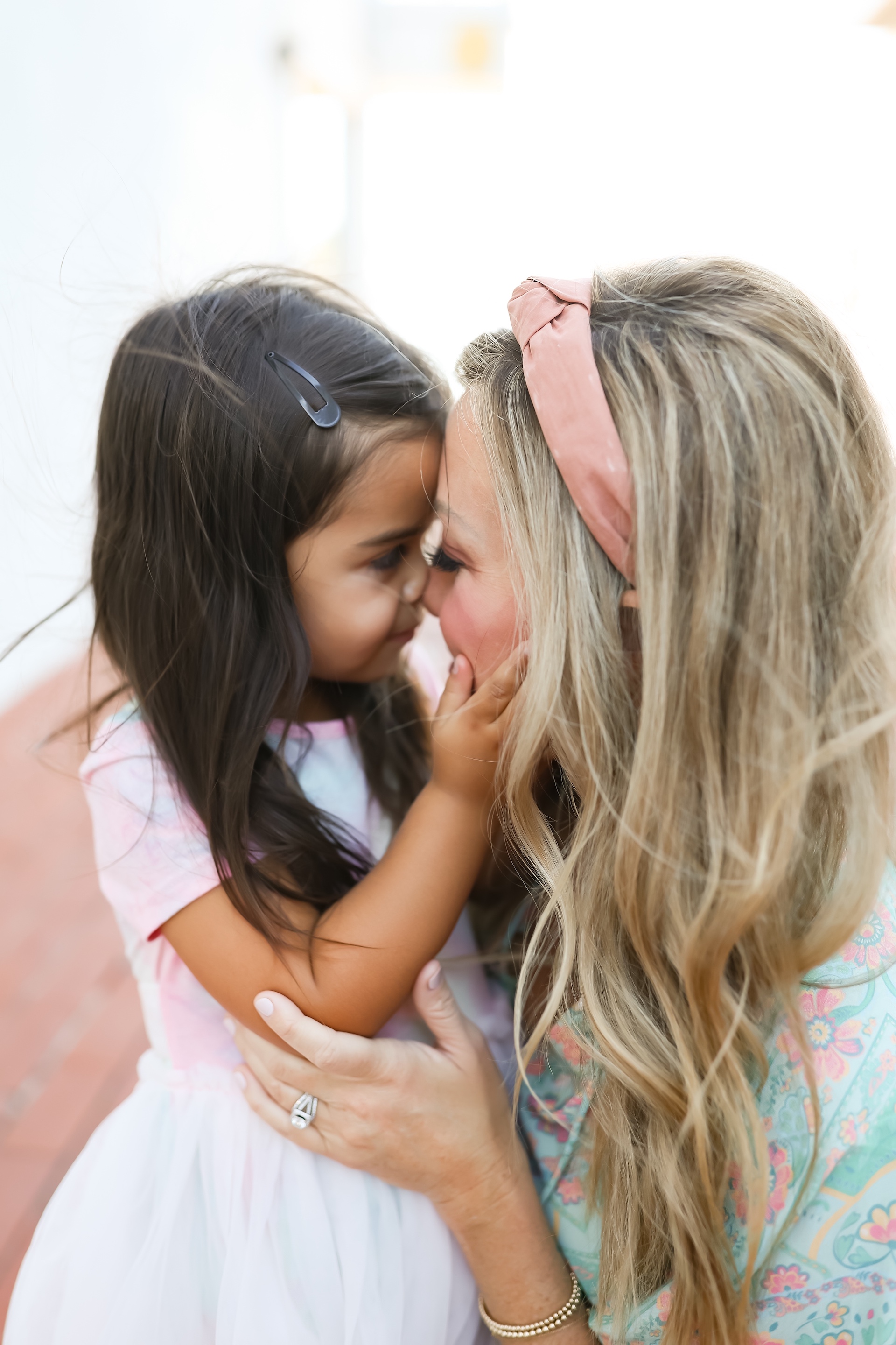
Our bond is like nothing I could have ever imagined. We have a saying we say to each other… “I am You, and You are Me” because that’s honestly the easiest way to explain our attachment to each other. Without her, I am not me, and without me, she is not her. We are different yet the same. You will bond with your baby, and your baby will bond with you; it’s inevitable.
Related Blogs From Our Series on Donor Conception:
1. 7 Ways I Learned to Cope With Infertility Grief
2. Should I Use Donor Eggs? Will I Have Any Regrets?
3. Tips From My Personal Journey Finding Peace With Donor Eggs
4. Nature vs. Nurture: How Donor Egg Babies Can Resemble Their Mother
5. Navigating Donor Conception: Understanding Privacy vs. Secrecy
About the Author
Our friend Victoria Nino from @expectinganything is here to share her last blog in her series of guest blogs on donor conception. As a well-known advocate in the industry and mother via donor eggs herself, Victoria brings a special perspective to the table and helps parents navigate their unique journey using donor eggs.
About Donor Nexus
Donor Nexus is a boutique egg donation agency and egg bank in Southern California, representing egg donors worldwide. We invite you to continue browsing our website for additional resources and contact our team with any questions. If you’re seeking donor eggs or donor embryos, register now for free access to browse donor profiles in our online database.
This blog was originally published on November 29th, 2021.




